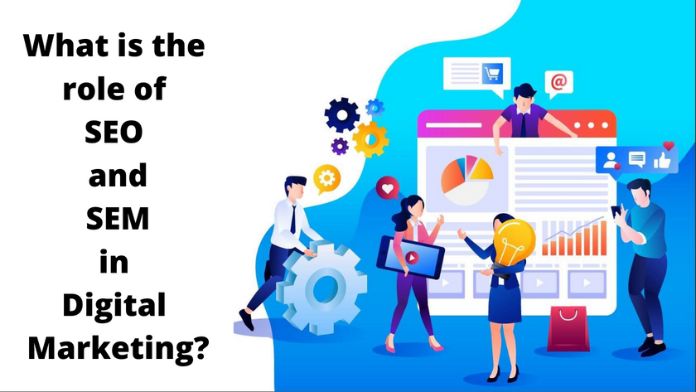What is SEO in digital marketing?
One of the biggest ambitions of companies investing in Digital Marketing is to reach the top positions in search engines — after all, who doesn't want free clicks and more visitors to their site?
In the end, the competition for search engine positions is increasing as companies experience a period of digital transformation.
Achieving good positioning on the results pages may be more within your reach than you imagine. There are several optimizations that you can do on your site and your content to improve your reader's experience and become an excellent result in the eyes of search engines.
It is those optimizations that we call SEO!
In this post you will learn everything you need to optimize your online presence and get good organic positioning (which are not paid ads):
Factors of SEO On Page are:
content quality
There are two main factors for positioning in Google: the length and quality of content.
In other words, the better your content, the better the chances that you will appear in the top positions in the SERPs.
content size
The size directly influences the positioning of Google. In research by Search IQ, the average size of content listed in the top positions was approximately 2,500 words.
That's because Google looks for the most complete content, which clears up readers' doubts.
Implementation of SEO and online marketing plan
The primary function of an online marketing plan is to bring together all marketing strategies and tactics to achieve one or more macro objectives.
To achieve this, all the disciplines of digital marketing, including SEO, must work together and in unison. Both communication strategies, social networks, web positioning, and paid advertising actions must complement each other.
It is time to land all the theories and put them into practice. One of the first tasks to carry out to gain online visibility (web positioning) is to activate content marketing, and for this, we will need the target audience defined in the marketing plan, the buyer personas…
Where is that target audience? (social networks, sites, interests, topics)
What devices do you use? (mobile, desktop, voice search...etc)
What interests you?
What are their needs?
How can our company help you?
To launch all this marketing machinery we need a starting point. Carry out good Keyword Research that, together with the company's marketing manager, discovers those themes and terms that can contribute the most to achieving the objectives.
The SEO approach must pursue the queries and information needs of the users at each stage of it.
For each type of stage and need, a content strategy will be defined that impacts the results.

.jpg)
.jpg)
Comments
Post a Comment